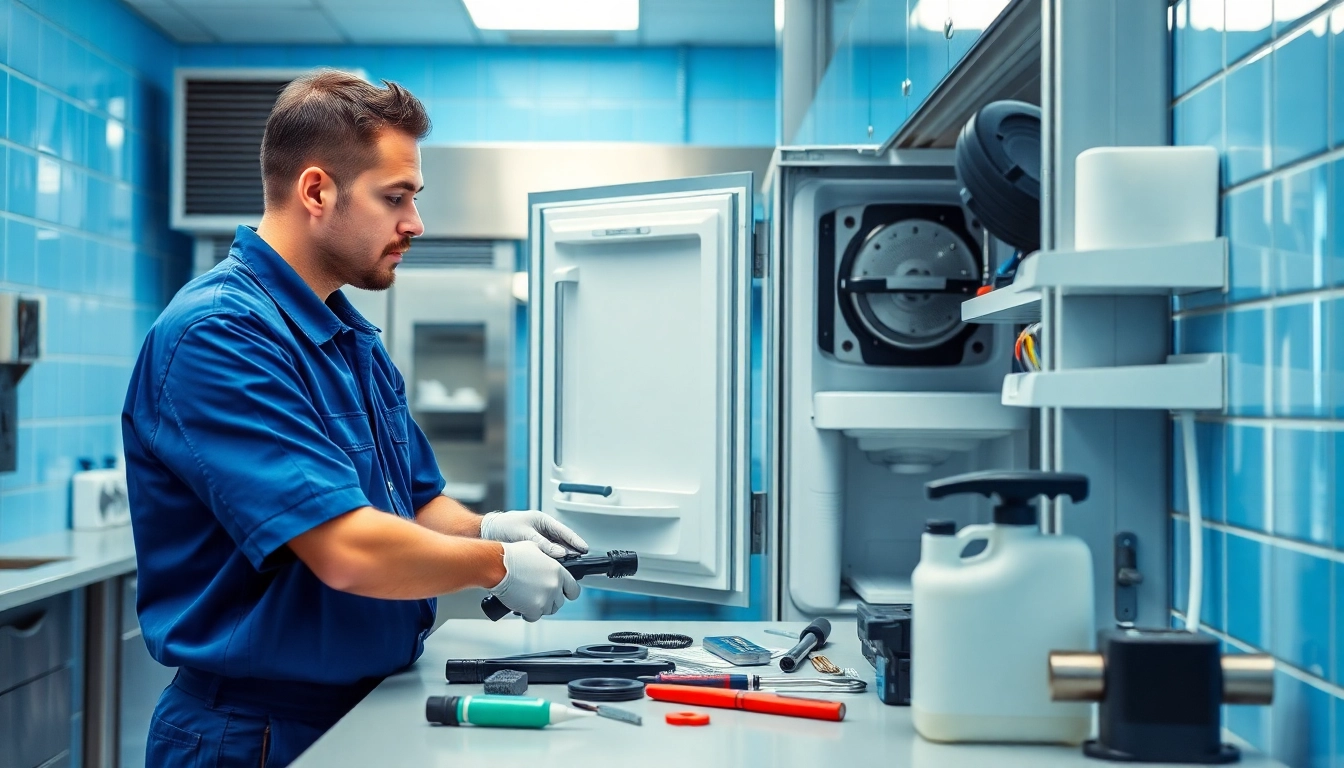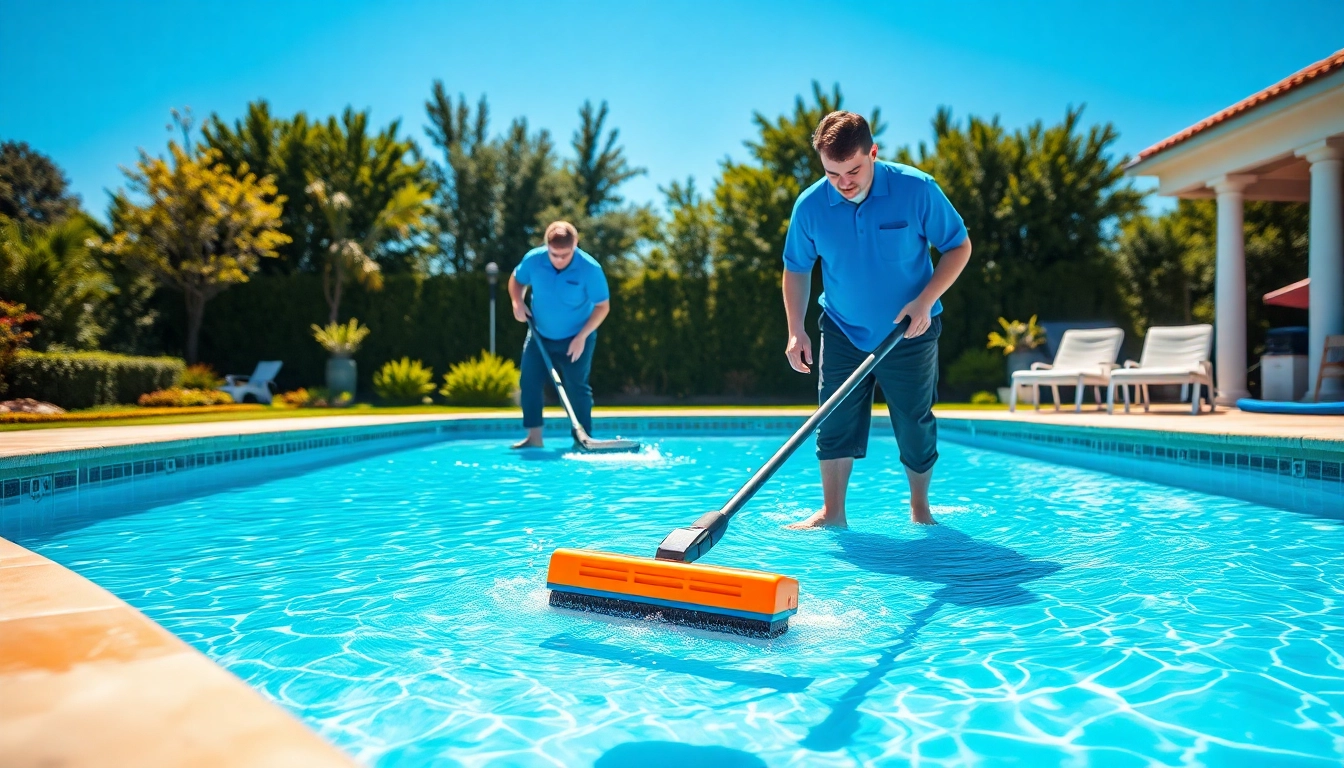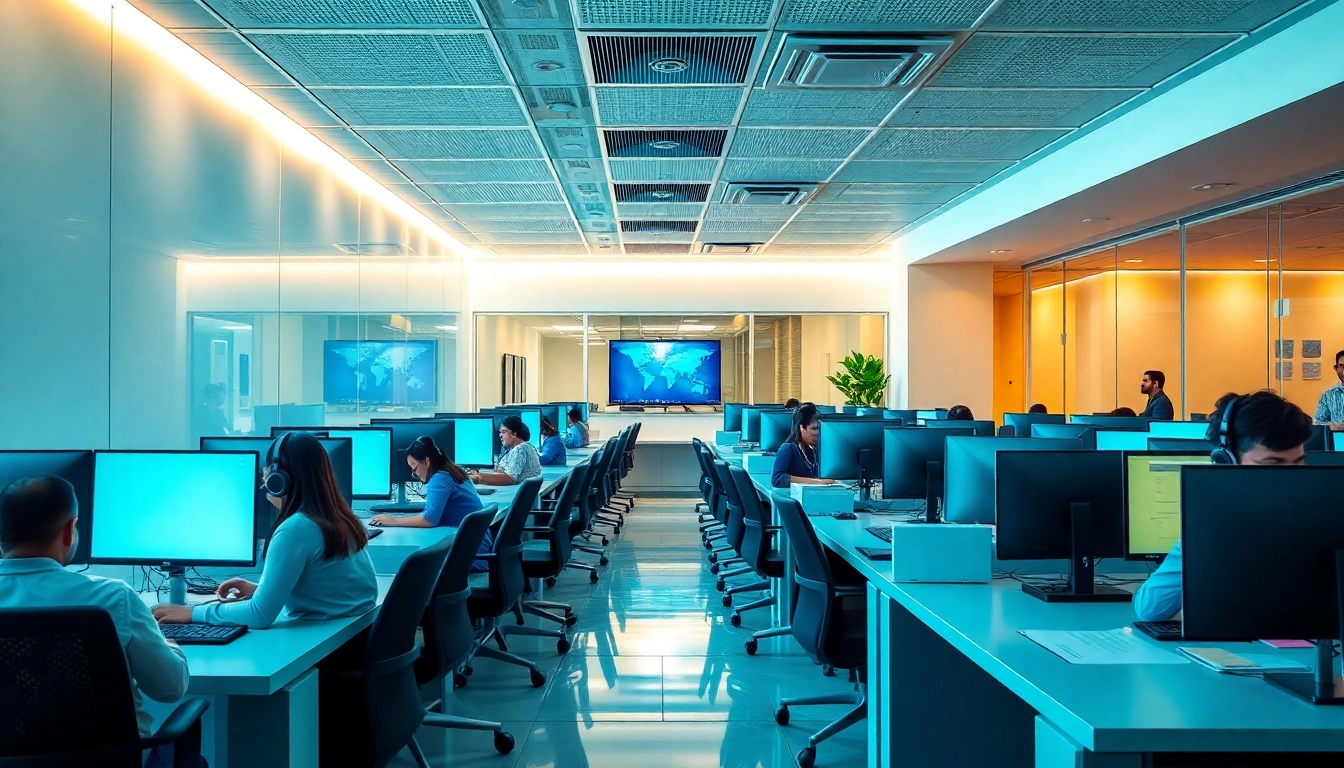Understanding Commercial Refrigerators and Their Importance
Commercial refrigerators play a critical role in the food and beverage industry, as well as in a variety of other sectors including healthcare, hospitality, and retail. These units are designed to keep perishable items at optimal temperatures, ensuring food safety, freshness, and compliance with health regulations. Proper maintenance and timely commercial refrigerator repair are essential for maximizing their efficiency and lifespan.
What Are Commercial Refrigerators?
Commercial refrigerators are large-scale cooling appliances used predominantly in businesses such as restaurants, supermarkets, and catering services. Unlike residential refrigerators, they are built to handle larger quantities of food and are typically more robust due to the demands of constant use.
Types of commercial refrigerators include:
- Reach-in Refrigerators: These are upright units that allow easy access to chilled items, commonly found in restaurants and bars.
- Walk-in Coolers: Spacious refrigerated rooms designed to store vast quantities of products. They are often used in larger establishments.
- Display Cases: Refrigerated units used in retail environments to showcase products like dairy, meats, and beverages.
- Undercounter Units: Compact refrigerators that fit beneath counters, ideal for limited kitchen spaces.
Key Components of Commercial Refrigerators
Understanding the components of commercial refrigerators is vital for recognizing potential issues. Key components include:
- Compressor: The heart of the refrigeration cycle that compresses refrigerant and circulates it through the system.
- Condenser Coils: These coils release heat and allow the refrigerant to cool down, converting it back to a liquid state.
- Evaporator Coils: Located inside the fridge, these coils absorb heat from the interior, cooling the air inside the unit.
- Thermostat: Regulates the temperature by controlling the compressor operation.
The Role of Maintenance in Longevity
Routine maintenance is imperative for extending the lifespan of commercial refrigerators. Regular checks and professional servicing help to identify potential problems before they escalate into costly repairs. Key maintenance practices include:
- Cleaning condenser coils to prevent overheating.
- Inspecting door seals for leaks that can affect cooling efficiency.
- Testing and calibrating thermostats to ensure accurate temperature regulation.
Common Issues in Commercial Refrigerator Repair
Commercial refrigerators are prone to various issues, many of which can disrupt business operations. Identifying the symptoms quickly can save time and money.
Signs Your Commercial Refrigerator Needs Repair
Recognizing the signs that your commercial refrigerator needs repair is crucial. Some common indicators include:
- Food spoilage: If items are thawing out or you notice temperature fluctuations, it’s time for an inspection.
- Strange noises: Excessive noise or unusual sounds may signify problems with the compressor or motor.
- Frost build-up: Frost or ice around the evaporator coils or on food items is a telltale sign of airflow or defrost issues.
Common Problems and Solutions
Below are some frequent problems faced in commercial refrigerators and potential solutions:
- Overheating Compressor: Ensure the condenser coils are clean and check for proper airflow around the unit to prevent overheating.
- Insufficient Cooling: This may be due to a defunct thermostat, dirty coils, or a malfunctioning evaporator fan. Regular cleaning and component checks can help.
- Water Leaks: Check for clogged drains, damaged door seals, or ice build-up that may lead to leaks inside or outside the unit.
Preventive Maintenance Practices
Implementing preventive maintenance can greatly reduce the likelihood of emergency repairs. Recommended practices include:
- Establishing a consistent cleaning schedule for the interior and exterior of the unit.
- Regularly inspecting and replacing worn-out parts such as door gaskets and fan blades.
- Documenting service history to track maintenance schedules and repairs.
DIY Commercial Refrigerator Repairs: What You Can Do
While some repairs require professional intervention, certain minor issues can be addressed through DIY methods. It’s essential to know when to take action and when to consult a technician.
Basic Troubleshooting Steps
Before calling a service professional, try the following troubleshooting steps:
- Check the power supply and ensure the unit is plugged in and receiving electricity.
- Inspect the temperature settings and make sure they are set correctly.
- Examine door seals for any signs of wear and replace those that are not sealing properly.
Tools You Need for DIY Repairs
If you plan to carry out minor repairs yourself, equip yourself with the following tools:
- Screwdrivers (both Phillips and flathead)
- Multimeter for electrical checks
- Vacuum or brush for cleaning coils
- Replacement gaskets and seals available from local suppliers
When to Call a Professional
Recognizing when to call in a professional technician is essential for avoiding further damage. If you experience the following, it’s time to seek expert help:
- Persistent issues: If problems persist after attempting DIY fixes.
- Electrical problems: If there are signs of electrical malfunctions or safety hazards.
- Complex repairs: Any task requiring deep mechanical knowledge should be left to trained professionals.
Choosing the Right Commercial Refrigerator Repair Service
When you need expertise for repairs, selecting the right service is vital for ensuring long-term performance and reliability of your commercial refrigerators.
Factors to Consider in Repair Services
When evaluating repair services, consider the following factors:
- Experience: Look for companies with a proven track record in commercial refrigeration repairs.
- Certifications: Ensure technicians are certified and trained in handling commercial refrigeration equipment.
- Service Availability: Check if the company offers emergency services and a reasonable response time.
How to Evaluate a Repair Company
Several criteria can help you assess a repair company’s credibility and service quality:
- Read customer reviews and testimonials to gauge satisfaction and trustworthiness.
- Ask for references or case studies from previous clients.
- Verify warranties or guarantees offered on their repair services.
Questions to Ask Your Technician
Before agreeing to any service, consider asking the following questions:
- What is the estimated time for the repair?
- Can you provide a written estimate for the repair costs?
- What parts need to be replaced, and what is their warranty period?
Cost of Commercial Refrigerator Repair
Understanding the potential costs associated with refrigerator repairs will help you budget accordingly and assess the need for preventative maintenance.
Average Repair Costs and Factors Affecting Pricing
The national average for commercial refrigerator repairs can vary greatly, typically ranging from $300 to $1,000. Certain factors can affect this pricing, such as:
- The specific issue (e.g., compressor replacement vs. thermostat repair).
- Parts costs, which can fluctuate based on availability and quality.
- Labor costs, which may vary by region and company.
Insurance and Warranty Considerations
Many businesses have equipment insurance that covers unexpected repairs. It’s wise to review your policy to determine what is covered. Additionally, consider extending warranties for your commercial refrigeration units to reduce future repair costs.
Long-term Cost Benefits of Professional Repairs
Investing in professional repair services can lead to long-term savings by prolonging the life of your equipment and enhancing its efficiency. Well-maintained units consume less energy and operate optimally, reducing your overall operational costs.




